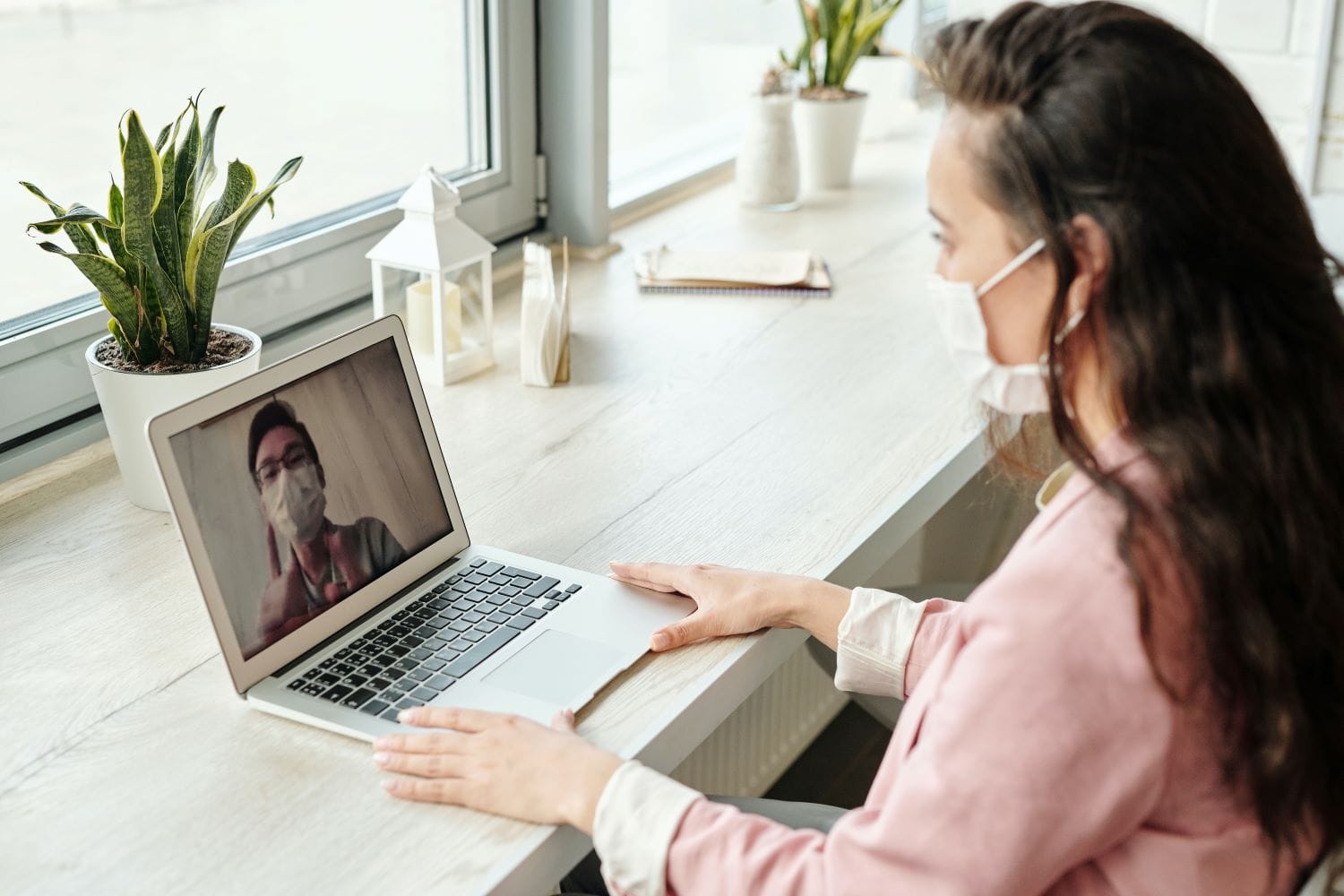Post COVID-19 life still seems a distant and luxurious concept….
However it will come and this thing has a full stop. The position we and our organisations find ourselves in will vary greatly. For some (most), it will be the down to the task of rebuilding. For others, it will be deciding if the new paths paved through innovation and adaption during this period are permanent. Sometimes, it might be best to return to “normal” broadcasting (standard business operations).
No matter what challenges lie ahead once this is all over, there are critical questions to be answered. The leaders of all organisations need to ask these before “tearing” straight into action. The “reflex” or immediate response will be to go straight into action. However, this is reacting to COVID-19, not responding. It is emotional based leadership which will leave the leaders and ultimately the organisation vulnerable to short sighted thinking and falling into bad habits. This prevents the organisation from taking advantage of the opportunities available. And trust me, it may not seem like it now, but there is opportunities littered throughout this crazy time.
Some of the critical questions lie beyond my expertise. However, I can help with these:
“What did we learn about how our organisation gets things done?”
“What did we learn about our people?”
And ultimately
“What sort of culture do we have and how does it impact the effectiveness of our organisation?”
Starting on the first point;
The critical questions here revolve around how the organisation performed during this period. Not on paper and balance sheets, but the work we did complete. How did we complete it and how did we perform? Were tasks completed in a timely manner and accurately? Were people able to take ownership of the components of their job that they needed to in order to keep projects moving? Or did we come to a halt, caught up in trying to replicate traditional methods and processes (perfectionism)? Were leaders/managers able to “let go” of the necessary decision-making protocols to enable staff to operate effectively under new circumstances? Was the organisation focused on outcomes? Or did status become employee’s number 1 objective (competitiveness)?
Second – what did we learn about our people?
The critical questions here revolve around ownership and attitude. How did our people respond? Did our people look at the opportunities that lay ahead for them and work both independently and collaboratively to problem solve how those opportunities could be met (achievement/self-actualising)? Did the team proactively take the opportunity to look for ways that change and uncertainty could improve the operating of the business and bring the best out of each other (humanistic-encouraging)?
If so, that says positive things about both your people and culture of the business you operate. It highlights that people are looking to grow through their work and see problems as challenges and opportunities. On the other hand, if you reflect and see that staff looked to avoid responsibility and palm back decisions to leaders (avoidance), or if you noticed your people struggled to adapt seeking to continue “cling” to old processes and “ways of doing thing” (conventional) this indicates that your team views change and challenge as threats.
It is important that the reasoning behind this is uncovered and resolved, as even when not faced with challenges such as COVID-19, if your people are unwilling to take responsibility or improve on current ways doing things, is your business ever really going to move forward? And any positive adaptions made during COVID-19 will quickly be lost to people re-engaging in their “standard” and comfortable way of doing things. If the new way since COVID-19 is better for your business, then you need to identify this early and support the retention of these improvements.




